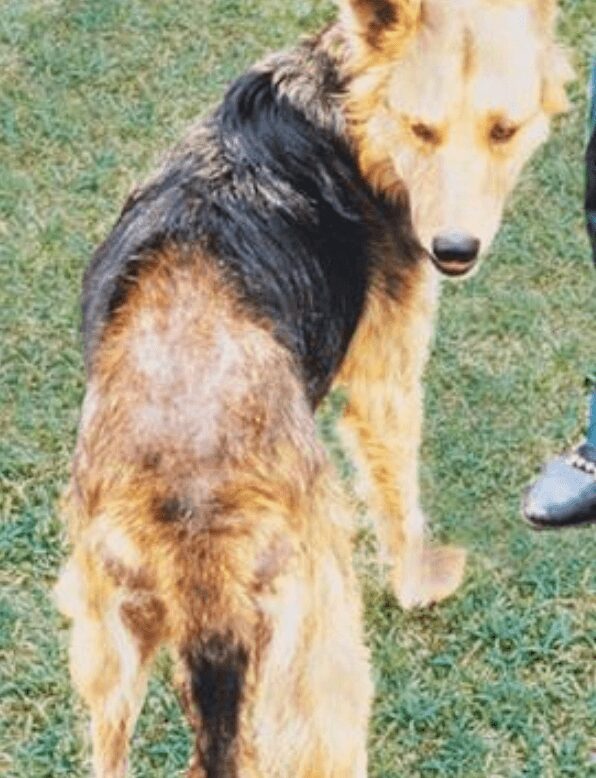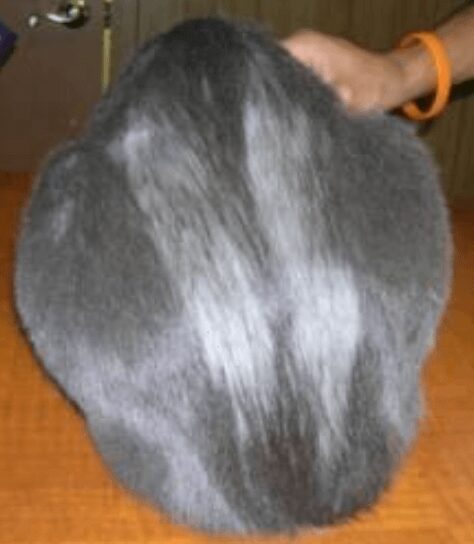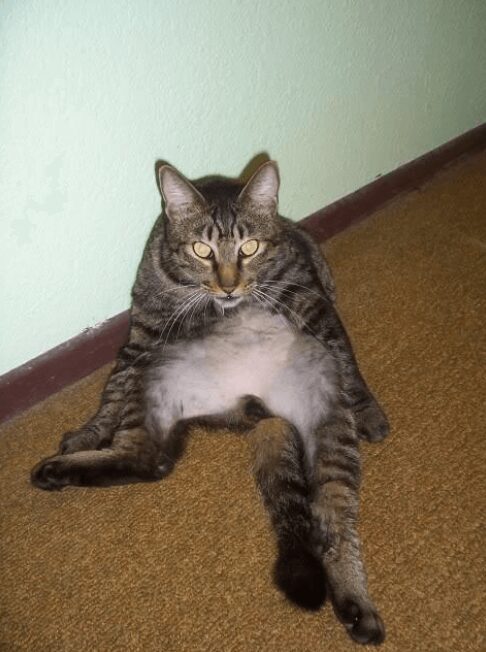Is your pet driving you crazy with excessive licking and/or itching?? Now, to be fair, all dogs and cats will lick and/or itch themselves as a normal behavior. It’s when they are persistently performing this behavior that would raise concern. Here are the top reasons behind their behavior and what you can do about!
Reason # 1: I am itchy!
The most common reason for your pet to be excessively itching, scratching, and licking themselves is due to an allergy. There are different types of allergies with the top 4 being reactions to fleas, environmental allergens, food, and contact allergies. It can be challenging to diagnose the exact cause of the allergy. Based upon the age of your pet, the areas your pet’s body that is affected, evidence for fleas, and any seasonality to the displayed behavior are all used by your trusted veterinarian to help determine what is the cause of the itchy-scratchies. Bee stings resulting in hives and allergic reactions to vaccines are other causes for itchiness and would be noted within a few hours of the sting or vaccine.
My favorite allergy from the list is flea allergies (FAD)! I know…crazy right? Here me out though. Flea allergy is the only allergy that can be easily controlled with monthly flea prevention! Food allergies and Atopy (environmental allergies) are tough to control without major medical efforts and lengthy strict hypoallergenic food trials. Below is a classical picture of a dog with FAD. Note, the focalized hair loss over the rump aka filet mignon for the flea.
Image courtesy www.dogchatforum.com

Reason # 2: I am in pain!
Another common reason for your pet excessively lick a specific area on their body is due to the underlying area being painful. A great example would be seen in a geriatric dog or cat that is struggling with orthopedic pain. They tend to lick overtop of the joint that is bothering them. Now, not all animals will display this behavior, but a fair number do. You would also expect to see the pet limping on the painful leg. Another example could be due to post-operative pain. Pets will commonly self-mutilate an incision if it’s painful.
Here is an interesting case that displayed this behavior, but not for orthopedic pain! A client brought her 10-year old cat to see me because her beloved cat had started to lick fur excessively over the lumbar spine. No other signs were noted at home. I recommended a full workup with blood work to evaluate how this cat was working internally. Low and behold, this cat was in kidney failure! We know that kidney failure can be painful, and this cat’s observant owner picked up on this odd behavior just in time for an aggressive therapeutic plan to be commenced. Below is a picture displaying a similar pattern of hair loss from this feline patient.
Image courtesy of https://veterinarypartner.vin.com/

Reason # 3: I am really anxious!
This is a very common reason for your pet to excessively licking and/or grooming an area on their body. The medical terminology to describe this behavior is called “Psychogenic Alopecia”. Commonly, thinning hair or hair loss are noted in a symmetrical pattern. A classical barbered hair pattern can also be seen as the hair shafts are broken and prickly. Cats, in particular, tend to present with these lesions on their sides and their belly. Cat-owning clients may not actually observe their cat excessively grooming, as they tend to be “closet groomers” ie: I hide and excessively groom.
Image courtesy of www.mspca.org

If you find yourself telling your pet to STOP licking or itching a few times a day, it is time to seek a medical opinion from your trusted vet. Alleviating the underlying cause for your pet’s discomfort will be well worth the trip to your vet.



